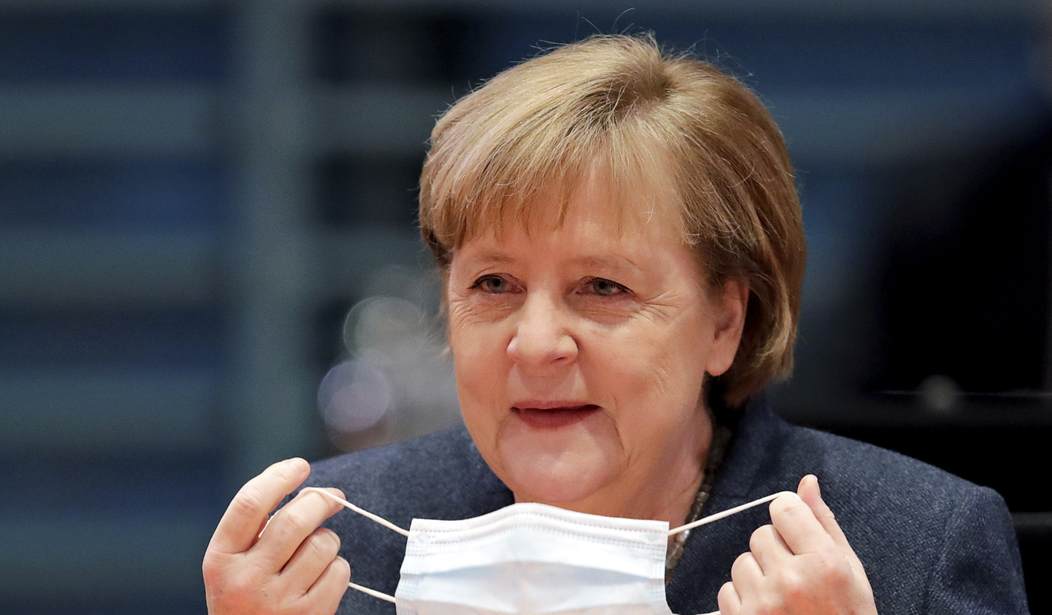For nearly 20 years, Angela Merkel was a dominant force in German politics. Now that she’s retiring, it was hoped that her successor in the Union Party would pick up the conservative torch and carry on.
But after 16 years of conservative rule, it appears that the German people are more than ready to swing to the left. A combination of weak, gaffe-prone candidates and an economy that refuses to come back from the pandemic might doom the right to a historic defeat in national elections on September 26.
“It’s hard to campaign for change or attack the deficiencies of government when we have been the government for 16 years,” one strategist said in the Wall Street Journal. On the other hand, it’s like shooting fish in a barrel for the opposition left. A target-rich environment that includes rising energy prices and a stalled economy gives the socialists an opening they haven’t had in a generation.
It hasn’t helped that Armin Laschet, the bloc’s lead candidate, has delivered what many commentators see as a weak campaign so far. A majority of Germans feel the 60-year-old premier of North Rhine-Westphalia lacks the leadership strength to solve pressing problems ranging from climate change to economic challenges, an analysis by Prof. Güllner shows.
Mr. Laschet, a jovial cigarillo smoker, stumbled twice in the past year. In the pandemic, he opposed Ms. Merkel’s push for strict restrictions and called for a quicker reopening of the economy. His state currently has among the highest incidences of new Covid-19 cases.
Then, after the region was hit by severe floods that claimed dozens of lives in July, Mr. Laschet was filmed giggling during a ceremony to commemorate victims—an image that has played on loop ever since and raised questions about the candidate’s seriousness, according to polls.
Infighting among potential successors to Merkel as the conservative leader has weakened the bloc of conservative parties even further. And into the vacuum has stepped two left-wing candidates who will probably vie for the chancellorship.
Green Party candidate Annalena Baerbock isn’t quite as radical as most in her party, which will help her in a country that takes climate change very, very seriously. Even if Baerbock comes up short in the voting, it’s expected that the Greens will enter a socialist government and gain enough support to be a major player in German politics going forward.
The social democrats have put forward Olaf Scholz — a bland little man who screams “safe” to the German voters. He is currently the Finance minister in Merkel’s left-right coalition government and was responsible for administering pandemic aid.
“This is the bazooka that’s needed to get the job done,” he said. Ever since then, he’s been referred to by his supporters as “Bazooka man.” His detractors call him “Scholz-o-mat” in reference to his utterly boring demeanor.
Scholz will be cautious in implementing his agenda, although, with the Greens pushing him ever leftward, he will be hard-pressed in keeping his center-left credentials intact. Scholz will also have to deal with Christian Lindner and his ultra-left Free Democrats, who are looking to reform the European Union
Whoever emerges as chancellor will have to deal with French President Emmanuel Macron, who is positioning himself to take an even larger role in the EU. Germany’s preeminent position won’t be threatened, but a more aggressive France could make life more difficult for the new German chancellor.










Join the conversation as a VIP Member